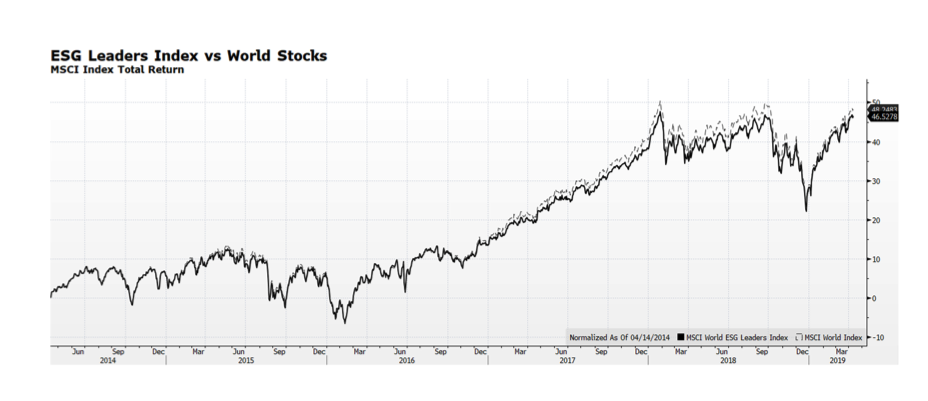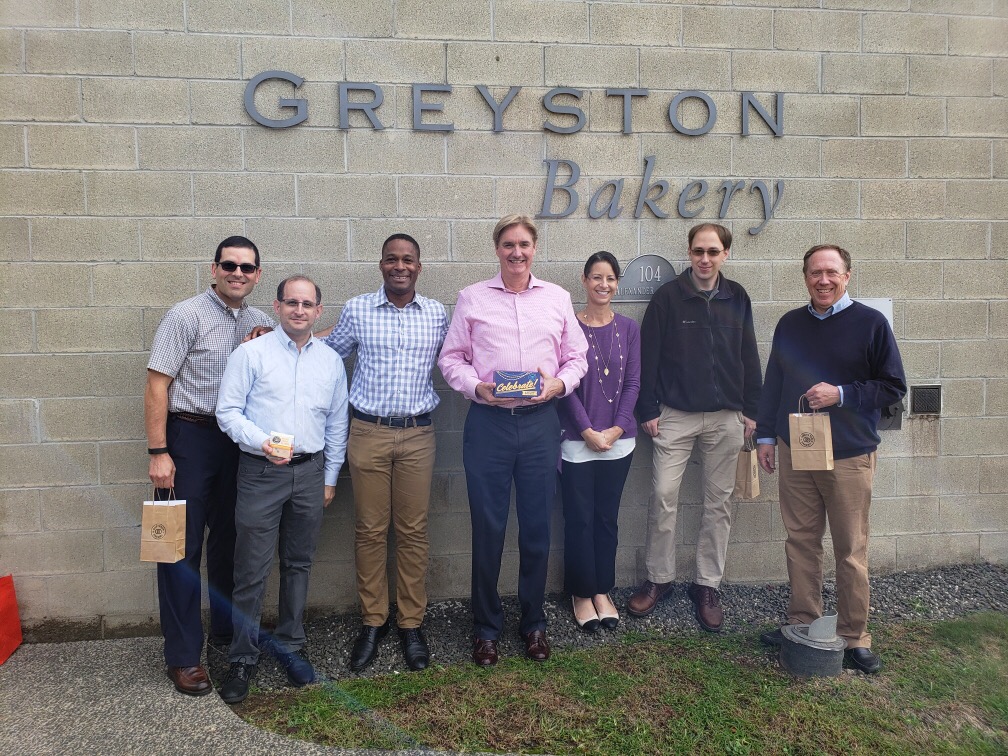It will take some time to unpack both the intent and the implications of the Business Roundtable’s redefinition of the purpose of a corporation, but a quick meditation on their announcement on August 19th leads to a very confusing place for a sustainability-minded stakeholder.
On the surface, the “Statement on the Purpose of a Corporation”, co-signed by 181 CEOs, seems like a tectonic shift in the alignment of stakeholder values. At long last, corporations are committing to prioritize something beyond unadulterated capitalism. The points they made and the rhetoric they used could have been taken right off the vision boards of a thousand responsible and sustainable investors. The five central principles they outlined are (direct quote from the Business Roundtable, August 19, 2019):
- Delivering value to our customers. We will further the tradition of American companies leading the way in meeting or exceeding customer expectations.
- Investing in our employees. This starts with compensating them fairly and providing important benefits. It also includes supporting them through training and education that help develop new skills for a rapidly changing world. We foster diversity and inclusion, dignity and respect.
- Dealing fairly and ethically with our suppliers. We are dedicated to serving as good partners to the other companies, large and small, that help us meet our missions.
- Supporting the communities in which we work. We respect the people in our communities and protect the environment by embracing sustainable practices across our businesses.
- Generating long-term value for shareholders, who provide the capital that allows companies to invest, grow and innovate. We are committed to transparency and effective engagement with shareholders.
These principles actually vibrate on the same wavelength as the Certified B Corporation “Declaration of Interdependence”:
- That we must be the change we seek in the world.
- That all business ought to be conducted as if people and place mattered.
- That, through their products, practices, and profits, businesses should aspire to do no harm and benefit all.
- To do so requires that we act with the understanding that we are each dependent upon another and thus responsible for each other and future generations.
So where’s the fly swimming in the punchbowl? The sub-heading for the Roundtable’s press release said the following – “Updated Statement Moves Away from Shareholder Primacy, Includes Commitment to All Stakeholders”. Again, at face value this is a good thing putting aside profit and shareholder value as the priority above all others. But, this announcement lands almost contemporaneously with an announcement that the SEC would be holding meetings to discuss a plan on the table to reign in proxy advisory firms (a prior discussion of this move from Cydney Posner, Cooley LLP on the Harvard Law School Forum on Corporate Governance and Financial Regulation can be found here), and during a period where the SEC has been increasingly lining up with companies to brush back shareholder resolutions and keep them off the proxy ballots. This move to limit the shareholder franchise has taken the form of questioning the materiality of the resolution to the overall business, as well as inching toward requiring a minimum percentage of ownership in order to sponsor a resolution.
The danger here is that the confluence of disenfranchising shareholders with this new announcement from the Business Roundtable could actually mean a net setback if sustainable business behavior is defined almost exclusively by what management says it is without the input from and the natural corrective of the shareholder. That fifth principle is the linchpin to whether this will work or not – being “…committed to transparency and effective engagement with shareholders.” If the SEC defangs the shareholder, what does that actually mean in practice? We have seen repeated examples from aerospace to pharmaceuticals where self-supervision and fast-track regulation lead to bad outcomes for all stakeholders.
The Roundtable is on the right track if these principles are pursued in a regulatory environment that preserves an appropriate level of governance and accountability for shareholders, who are ultimately the only ones that have the ability to hold managements fully responsible in a free market. Employees can quit, customers can boycott and suppliers can freeze their pipelines, but boards and C-suite executives work for the shareholders.



